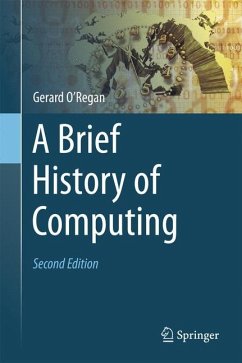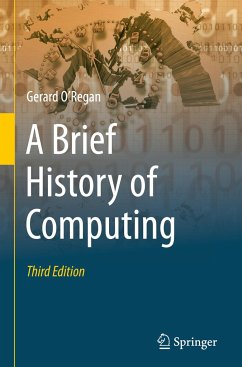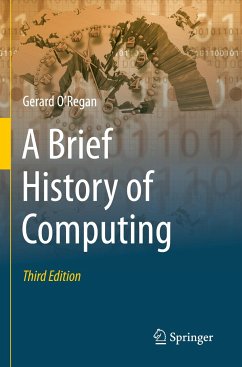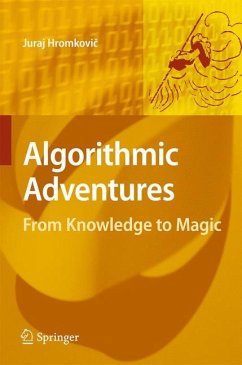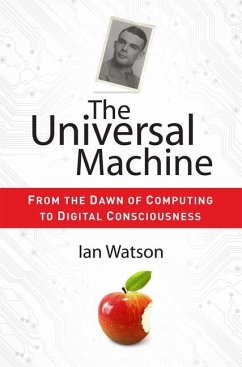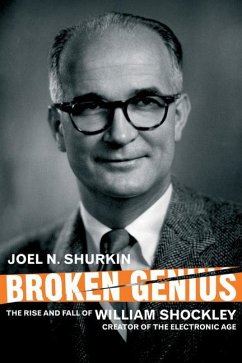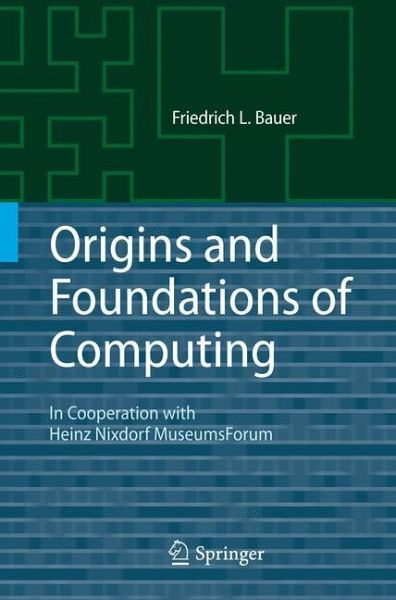
Origins and Foundations of Computing
In Cooperation with Heinz Nixdorf MuseumsForum
Versandkostenfrei!
Versandfertig in 1-2 Wochen
23,99 €
inkl. MwSt.
Weitere Ausgaben:

PAYBACK Punkte
12 °P sammeln!
This text explores how intellectual developments in logic and mathematics were gradually matched by technical solutions in mechanics and electronics and how the resulting machines found application in engineering, science and business.
The Heinz Nixdorf Museum Forum (HNF) is the world's largest c- puter museum and is dedicated to portraying the past, present and future of information technology. In the "Year of Informatics 2006" the HNF was particularly keen to examine the history of this still quite young discipline. The short-lived nature of information technologies means that individuals, inventions, devices, institutes and companies"age" more rapidly than in many other specialties. And in the nature of things the group of computer pioneers from the early days is growing smaller all the time. To supplement a planned new exhibit on "Software and Inform- ics" at the HNF, the idea arose of recording the history of informatics in an accompanying publication. Mysearchforsuitablesourcesandauthorsveryquickly cameupwith the right answer, the very rst name in Germany: Friedrich L. Bauer, Professor Emeritus of Mathematics at the TU in Munich, one of the - thers of informatics in Germany and for decades the indefatigable author of the"Historical Notes" column of the journal Informatik Spektrum. Friedrich L. Bauer was already the author of two works on the history of informatics, published in different decades and in different books. Both of them are notable for their knowledgeable, extremely comp- hensive and yet compact style. My obvious course was to motivate this author to amalgamate, supplement and illustrate his previous work.





